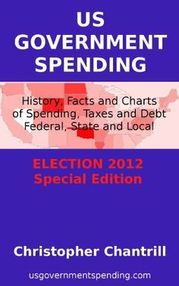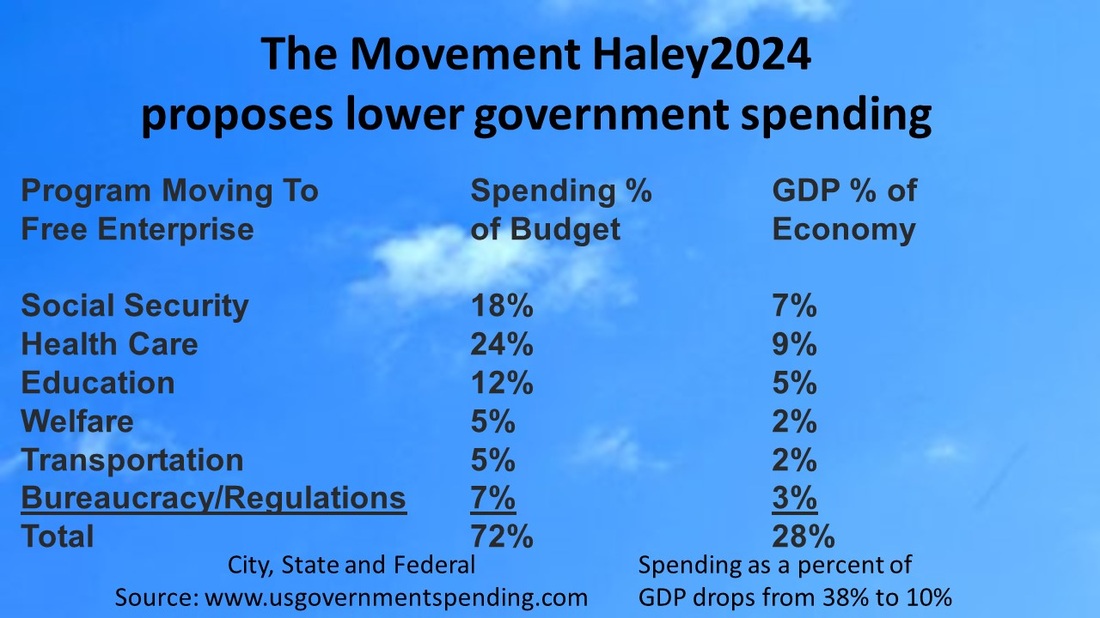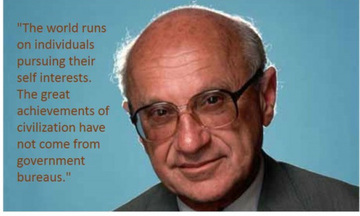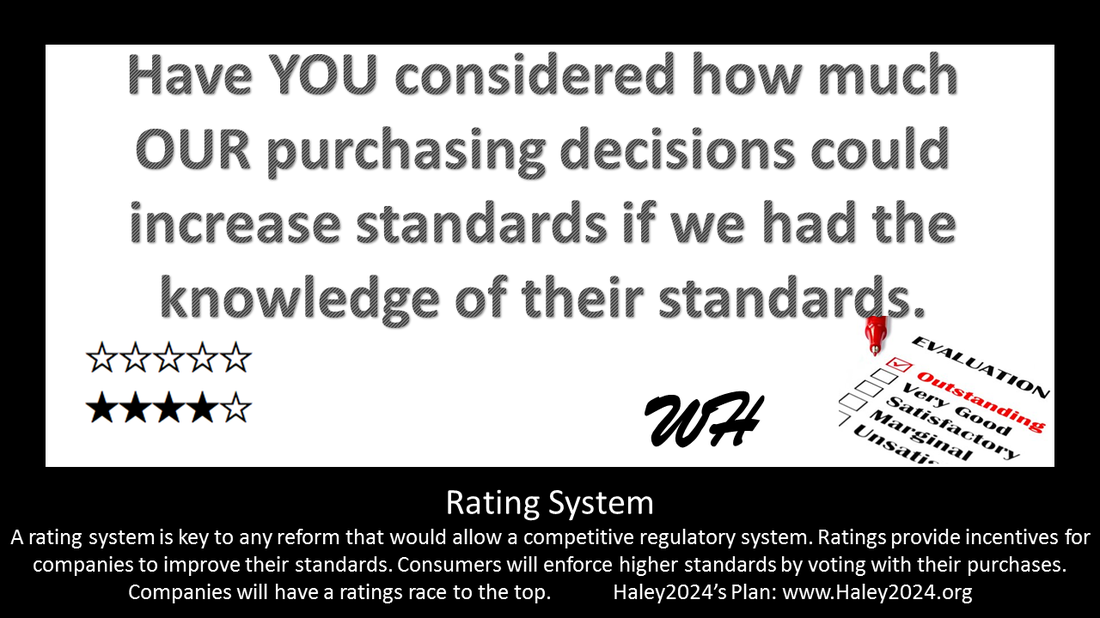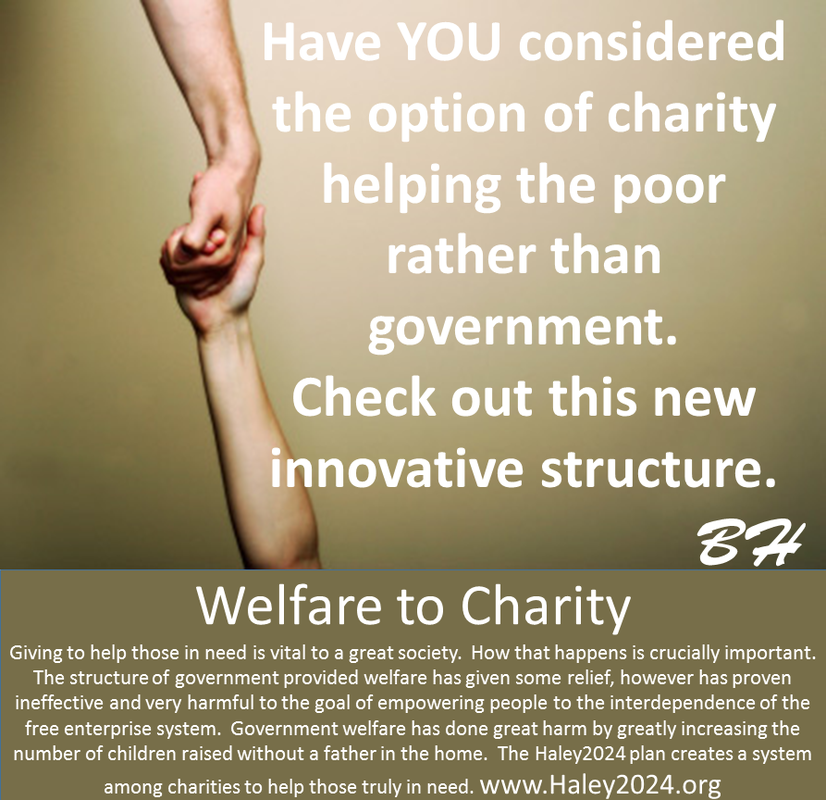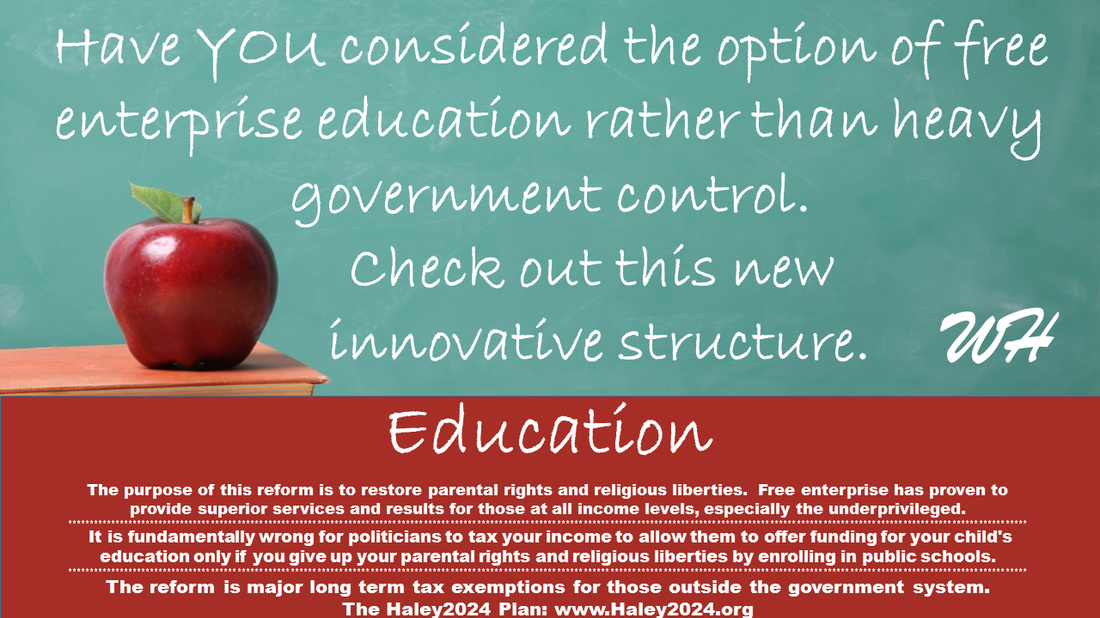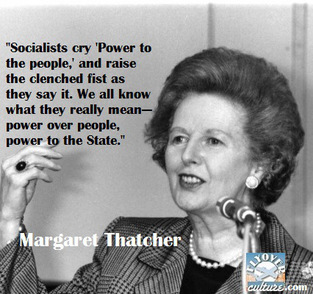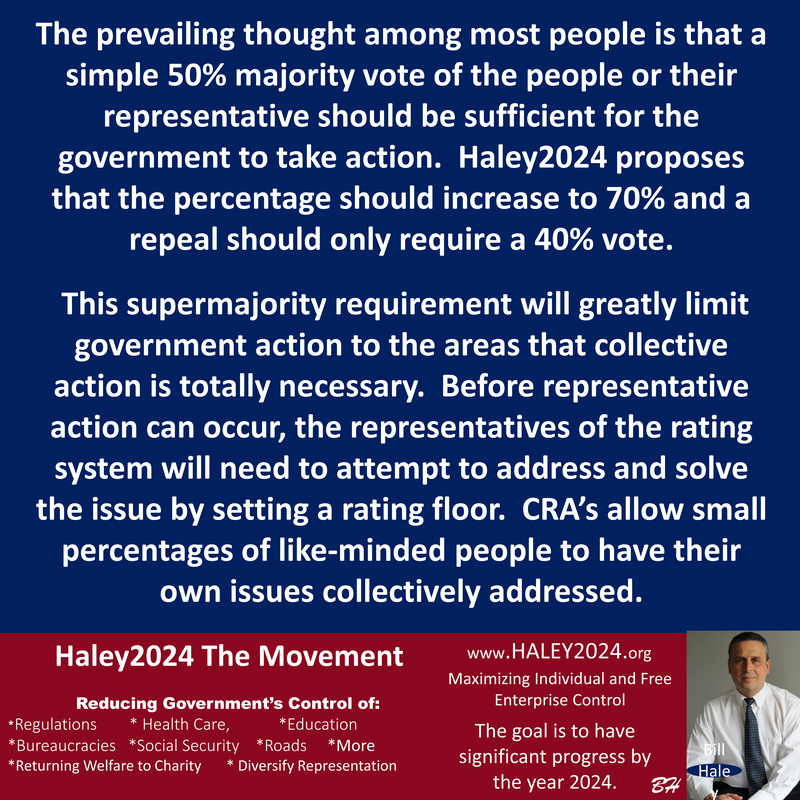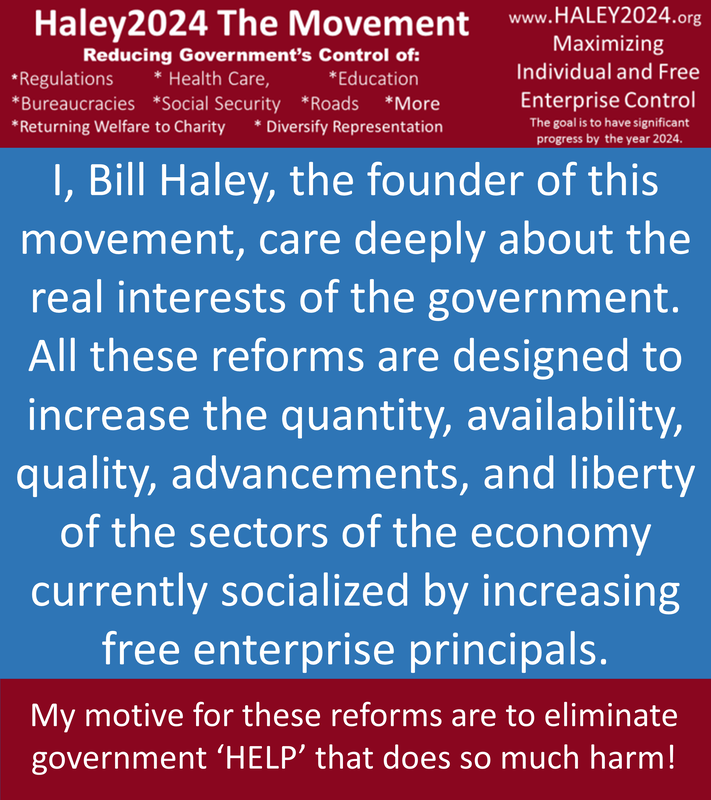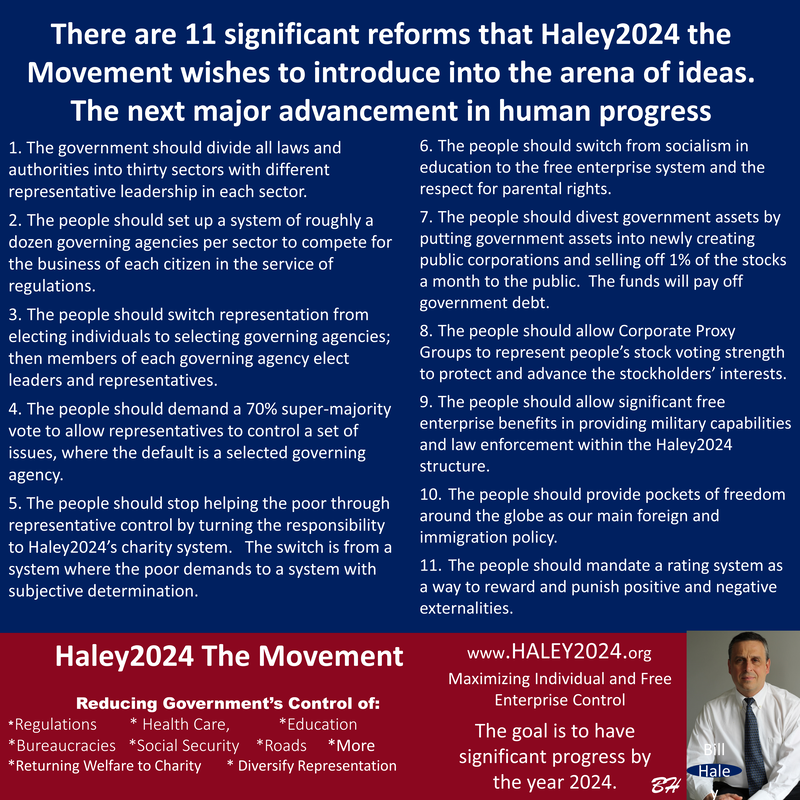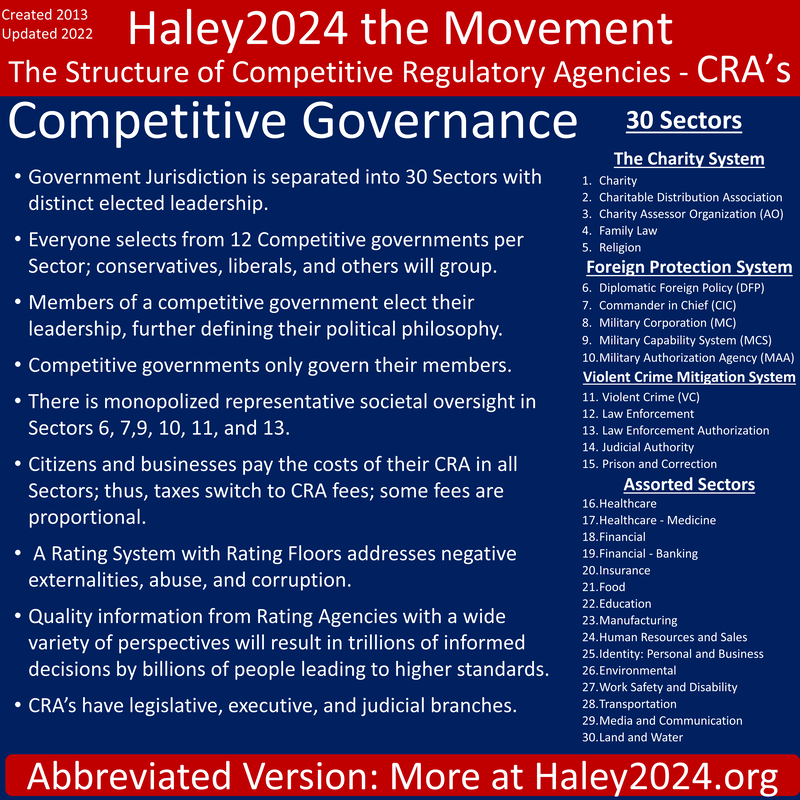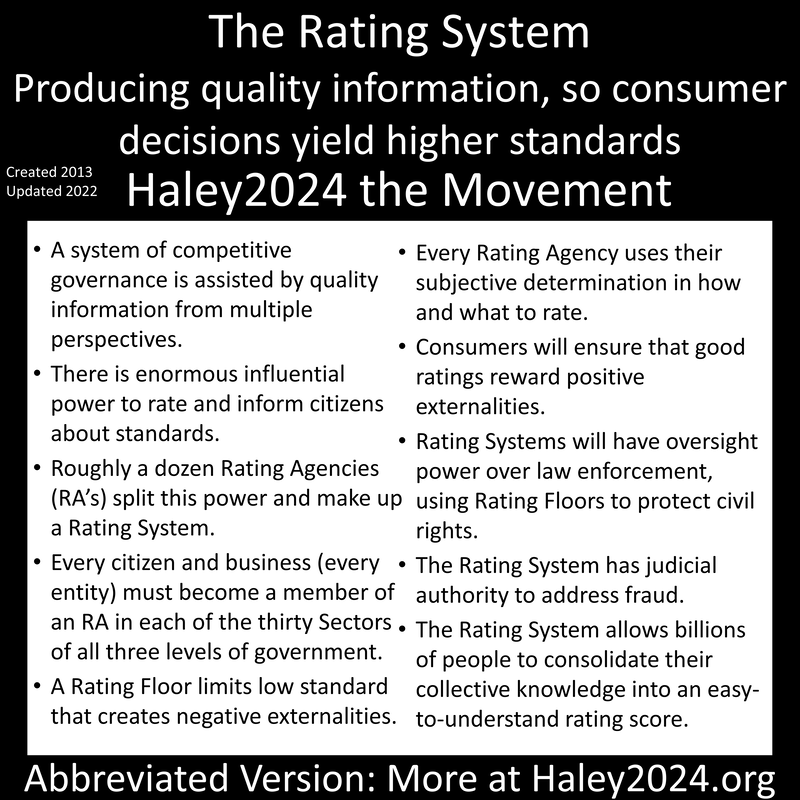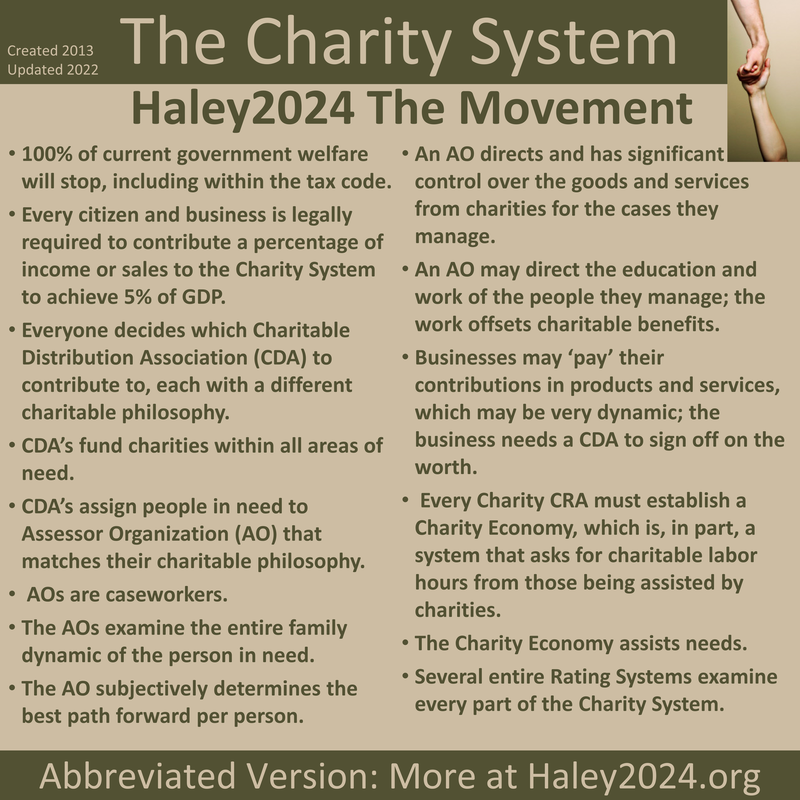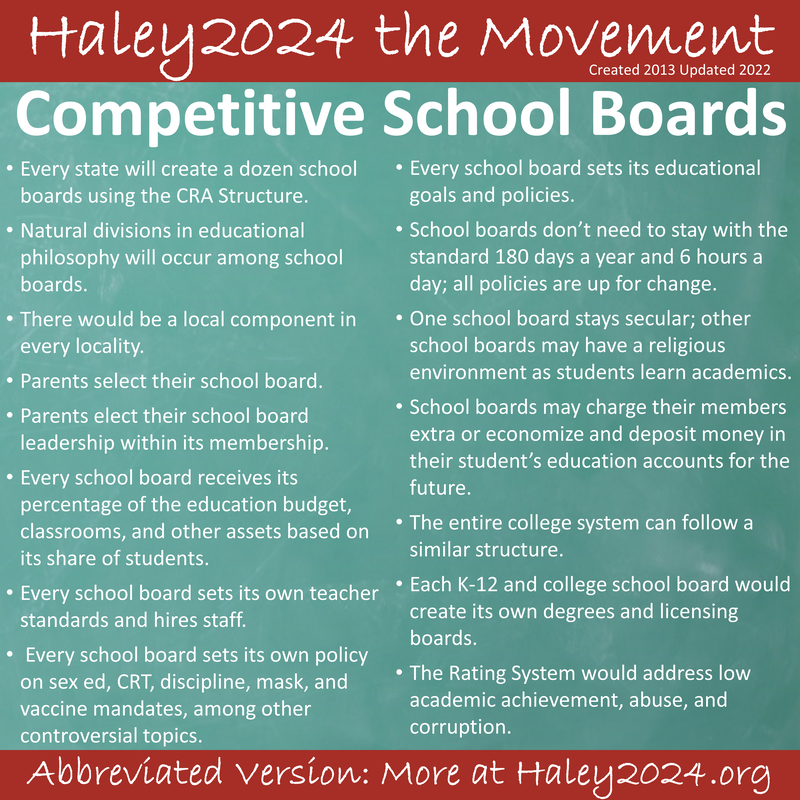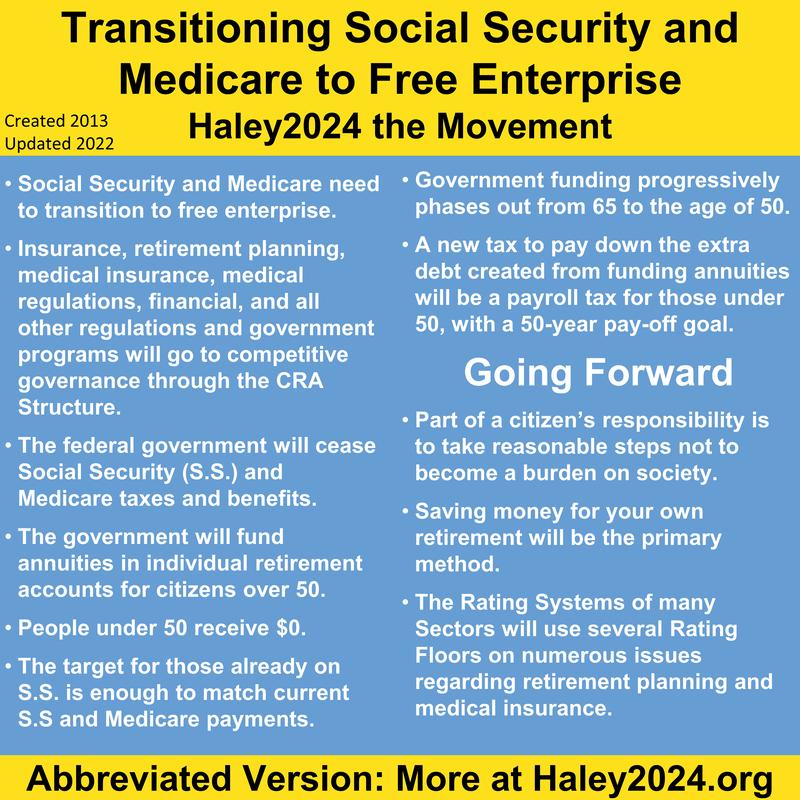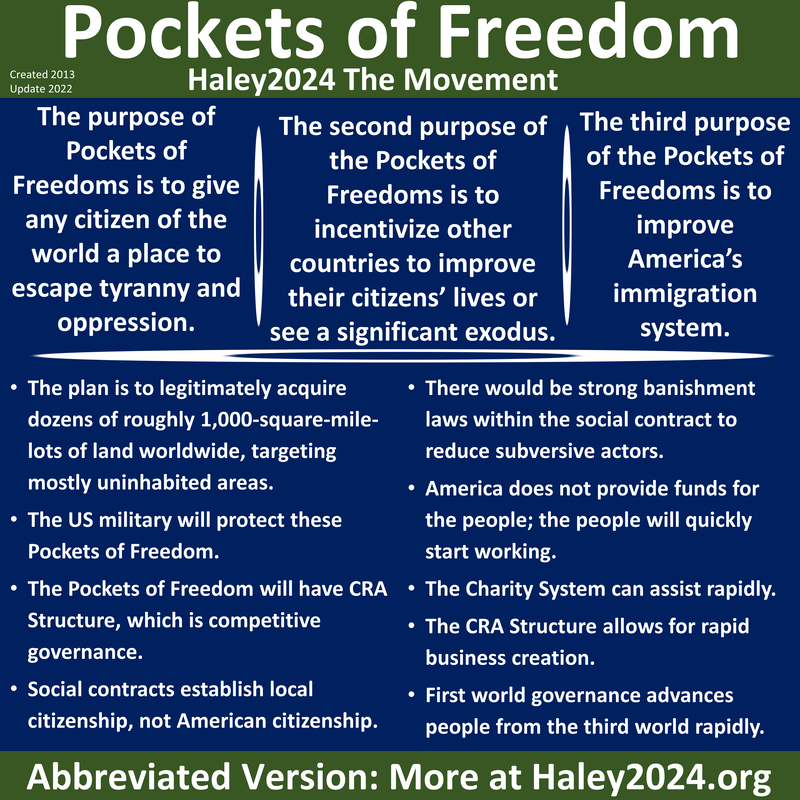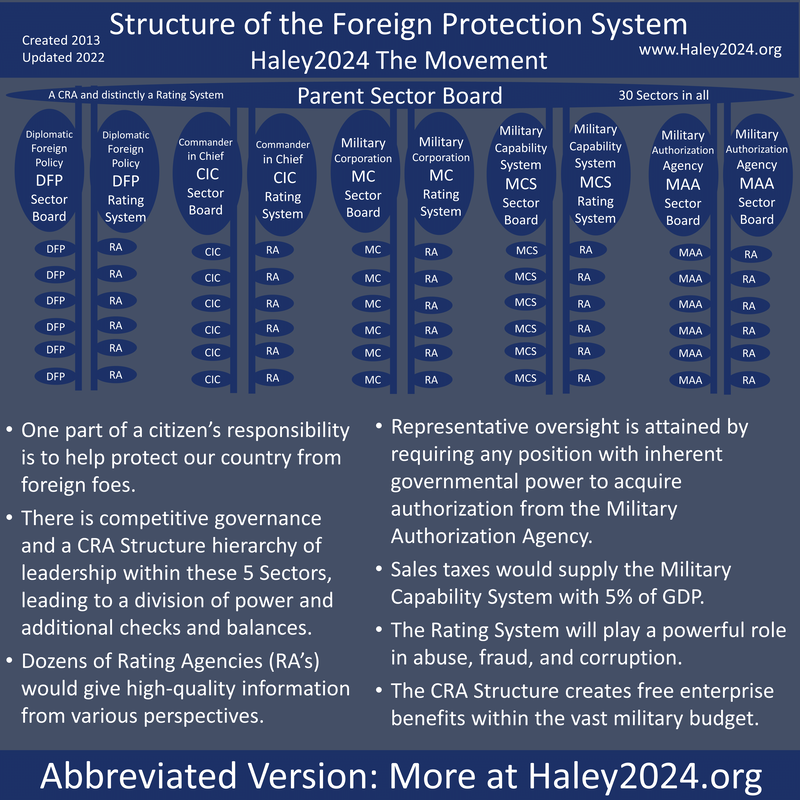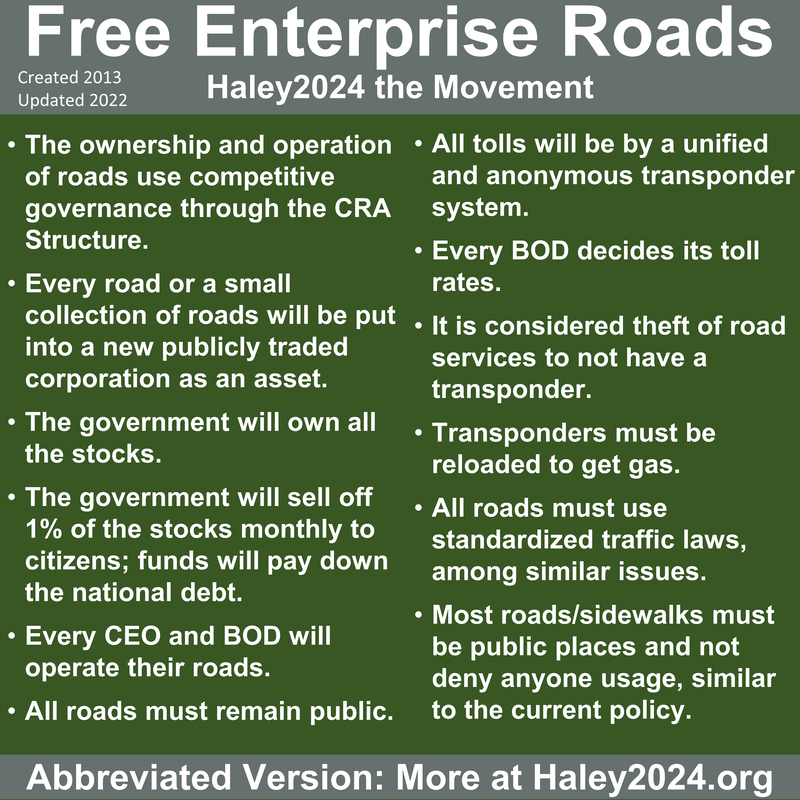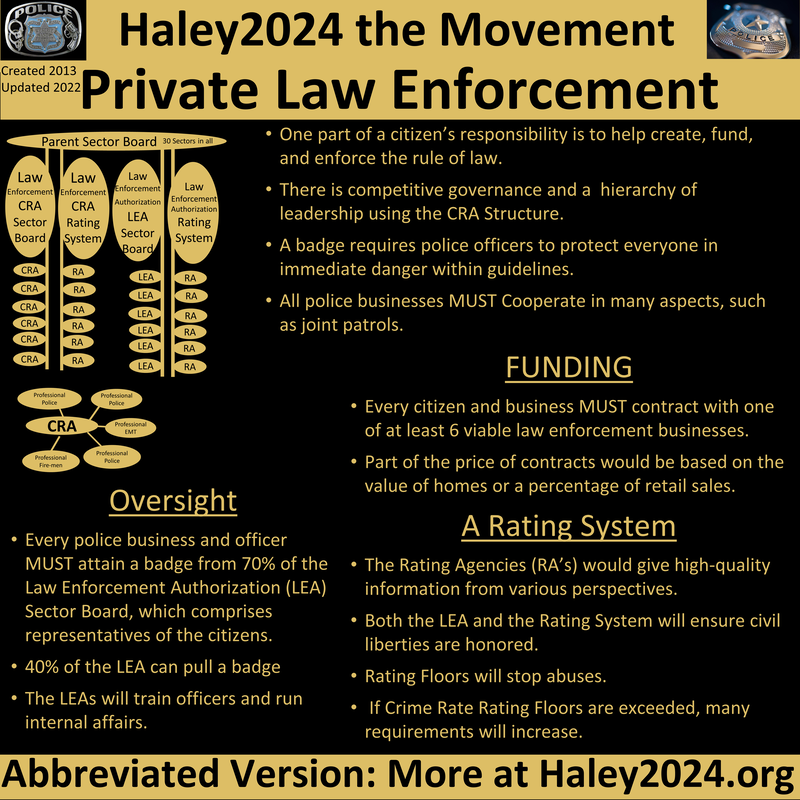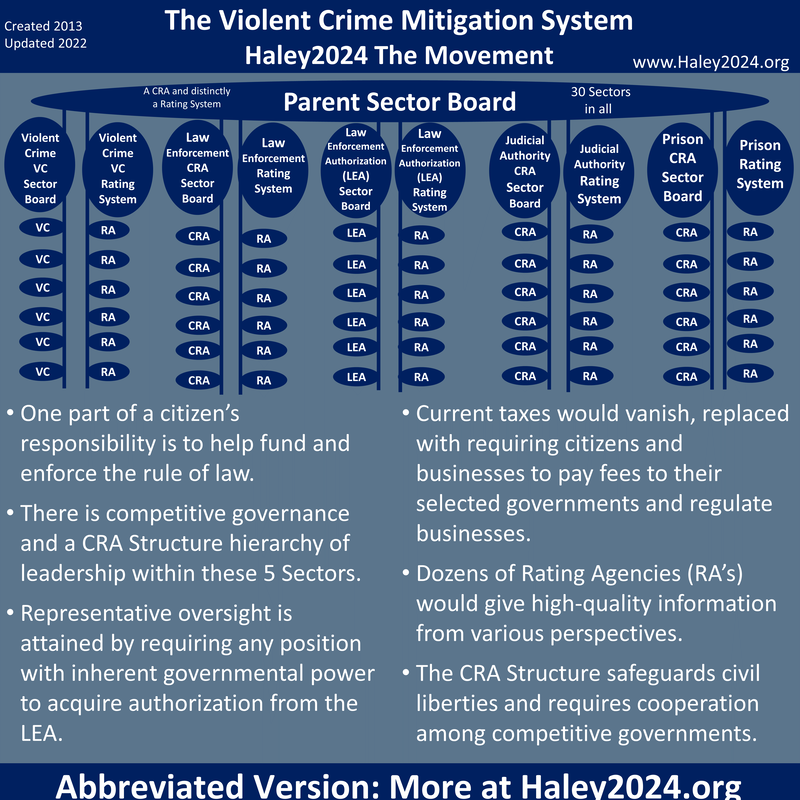|
The following are significant changes. Some programs move totally to the free enterprise system, while some are taxed and spent in a far more free enterprise way. Elected representation is greatly diversified with far less power. Representation moves from geographic areas to each person picking who represents them in a very segregated way. Read, understand and do not judge to early, the structure of CRA’s, CDA’s, Ratings among other reforms deal with most concerns.
|
|
The following are sectors of the Budget and the economy (GDP) that Haley2024 proposes to transition to the private sector. I fully realize that these numbers can be confusing. First what is included in GDP and what is left out? I use combine Federal state and local, many statistics separate them. When separated, many overlap as money is passed down from the federal to the states and localities. Is education credits part of education spending? Are taxes collected listed before credits or after? Are total taxes collected listed before the welfare of refundable tax credits and is it included in welfare? Are health care deductions counted as government spending? Is funding counted twice as federal and local education spending if the federal funds the local?
|
|
The never ending list of reasons why government statics are so confusing is because so much "spending" is in the tax code and welfare is in health care and education spending just to name a few. The amount of mandated spending within regulations is very significant as well. This current system is difficult to comprehend by most voters and there is plenty of evidence that most elected officials and bureaucrats do not have a clear view of this either. Other complications are that groups will calculate statistics to match their policy preferences and arguments such as quoting operating budgets and not capital spending or leave out sections that does not make their point.
|
Competitive Regulatory Agencies (CRA's)Competitive Regulatory Agencies is the base of all Haley2024 reforms and structures the private sector. CRA's replace government bureaucracies and regulations by allowing many private regulatory agencies to emerge in each sector of business and every business may choose which agency will regulate them. This structure generates better regulations and higher standards. Businesses and CRA's must prominently show ratings, thus motivating them to safeguard their brand and improve standards. A better regulatory system will increase GDP, jobs, and average incomes by eliminating counter-productive and ineffective regulations.
|
The Rating SystemMany competing rating agencies that you and millions of others trust, do in-depth research on each business and on the CRA's, and then rates them. Since government will no longer regulate to ensure standards, it will be vital for rating agencies to fully inform the public with mandatory signs. Ratings provide incentive for companies to improve their standards because consumers will partly determine where they shop by rating levels.
|
Returning Welfare back to CharityAll city, state, and federal government welfare programs will, over ten years, transition to Charitable Distribution Associations (CDA's). As a replacement for taxes that pay for welfare, citizens will be required to make a personal charitable contribution equal to five percent of their income to one of about a dozen CDA's. CDA's would then fund charities according to their philosophy of helping the poor. This plan has the benefit of allowing Americans to help in the way they believe does the most good. CDA's would be rated and helps those truly in need far greater than government’s poverty inducing welfare.
|
Health Care Health care and Health insurance is currently greatly controlled by Government spending and regulations with huge bureaucracies. Reforms of welfare to charity and Competitive Regulatory Agencies will significantly take government control away from the health care and the health insurance industries. This structure will ensure the poor will receive health care far superior to government control.
|
EducationWe currently have an education system that is greatly controlled by the government. From birth though college, government has a very heavy hand which greatly compromises parental and constitutional rights. Free enterprise is far superior. In my plan, every child will be assured an education in or out of the Public Schools (PS). It is wrong to fund the education of 90% of the children and not the other 10%. It is fundamentally wrong for government to offer to fund a child's education only if enrolled in the PS, thus controlled by government bureaucrats. This is not a war on PS, as most teachers do great jobs. Parents have the right and obligation to direct the education of their children.
|
Social SecurityState Government will convert federal promises of retirement funds and health insurance into debt and deposit saving bonds into IRA's, thus guaranteeing funds for those on or soon to be on S.S. and Medicaid. Yes, there will be a tax to pay the bonds. This does not add to the tax burden, it just shifts a current tax to repaying bonds. This will switch from federal taxes to state taxes. Thereafter, using CRA's and ratings, government requiring a certain amount of retirement planning would be appropriate and sufficient. Every state would decide how much each of their residences will receive and thus how much they will have to pay in taxes to fund these bonds.
|
Roads and TransportationGovernment’s monopoly on roads lack free market benefits. Haley2024 transitions roads to a structured free enterprise system that brings free market benefits of lower prices and higher quality.
|
|
The goal in reforming the military would be to combine free market principles with total control of the use of force in the hands of government. Currently, 535 members of the House of Representatives and the Senate determine the military budget, largely based on the individual benefits of each state or district represented and special interests. This results in a large, sporadic budget that is not entirely based on capabilities and skills or on finding the best personnel at the most effective expense.
|
The Spread of PowerHaley2024 is all about spreading power as wide as possible; concentrated power corrupts.
Power is spread by allowing businesses to choose who regulates the rules affecting them, consumers choosing where to shop, and information from the rating agencies you trust. Returning these major programs from the hands of a few politicians back to free enterprise returns the power to the people. |



